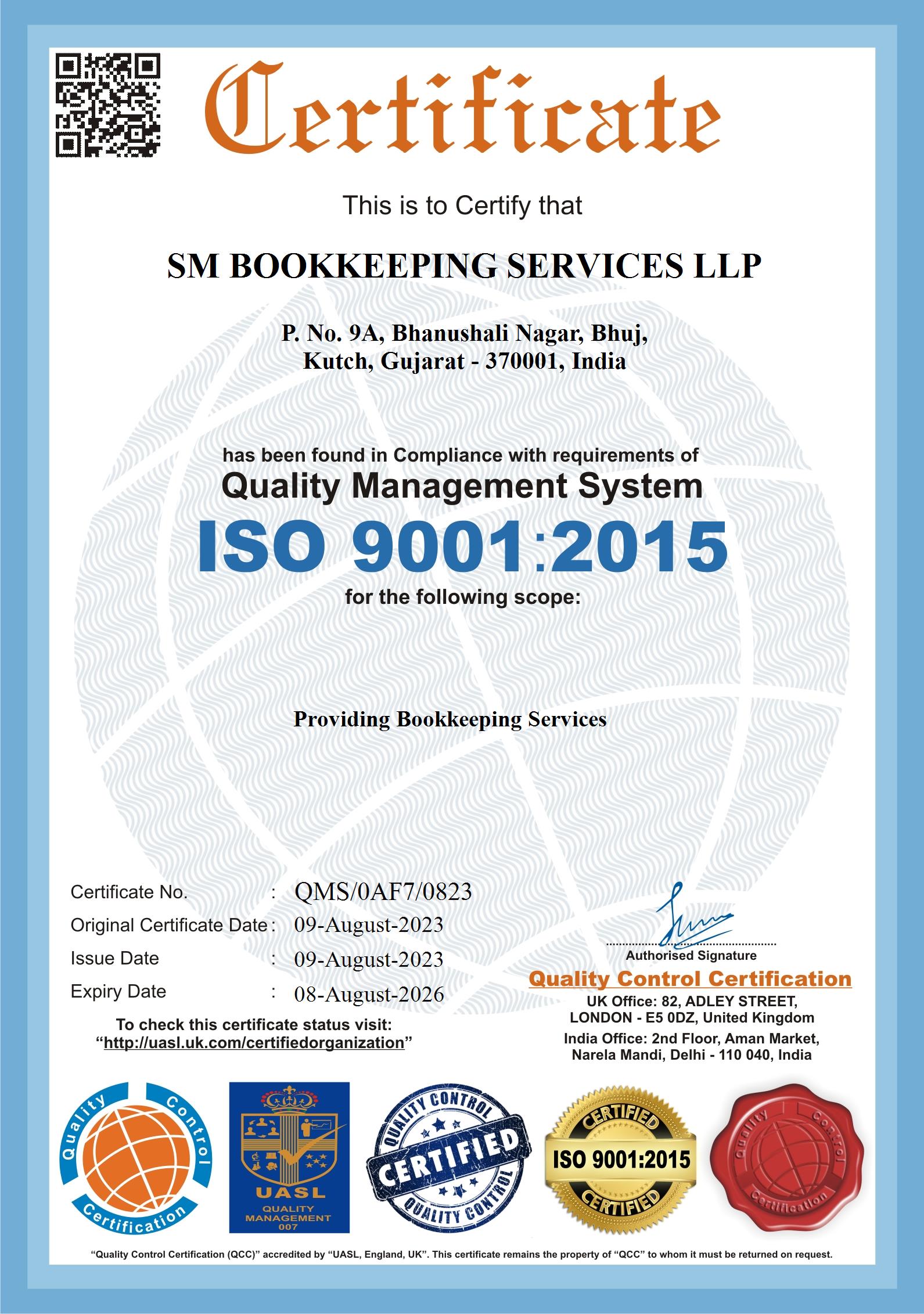Mastering Account Payable for Small and Medium-Sized Businesses

Mastering Account Payable for Small and Medium-Sized Businesses
Accounts payable represents a liability on the company's balance sheet until the invoices are settled.
In the dynamic world of finance and accounting, small and medium-sized businesses (SMBs) across the globe often grapple with the complexities of managing their account payable (AP) processes. As a seasoned expert with over a decade of experience in USA accounting and bookkeeping, I've witnessed firsthand the challenges that businesses encounter in this crucial aspect of financial management.
What is Account Payable?
Account payable, often abbreviated as AP, is the total amount of money a business owes to its suppliers and vendors for goods or services purchased on credit. It represents a liability on the company's balance sheet until the invoices are settled. For SMBs, managing accounts payable can be a challenging task, but it's one that must be handled efficiently to ensure the smooth operation of the business.
The Importance of Efficient Accounts Payable
Efficient accounts payable management offers several benefits for small and medium-sized businesses:
Maintaining Supplier Relationships : Timely payments to suppliers help build trust and strengthen long-term relationships.
Improved Cash Flow : Effective AP management ensures that your business isn't tying up unnecessary cash in unpaid bills, which can be better utilized elsewhere.
Avoiding Late Fees: Late payment fees and interest charges can eat into your profits. Managing AP helps you avoid these unnecessary expenses.
Accurate Financial Reporting : Proper tracking of accounts payable ensures your financial statements reflect the true financial health of your business.
Key Steps to Streamline Account Payable
Digitalize Your Process: Transitioning from paper-based invoices and checks to digital methods can significantly streamline your AP process. This includes using accounting software and cloud-based systems.
Set Clear Payment Terms: Establish clear payment terms with your suppliers and vendors. Negotiate favorable terms that align with your cash flow.
Regular Reconciliation: Regularly reconcile your accounts payable with supplier statements to ensure accuracy and identify discrepancies promptly.
Prioritize Invoices : Categorize invoices based on their due dates and prioritize payment accordingly. This helps you avoid missing critical payments.
Automation: Leverage automation to schedule recurring payments, reducing the risk of human error and saving time.
Communication : Maintain open lines of communication with suppliers. If you anticipate delays in payment, communicate with them in advance to manage expectations.
Account Payable Best Practices for SMBs Worldwide
While the specifics of AP management may vary by region and industry, the fundamentals remain the same. SMBs worldwide can benefit from these best practices:
Stay Compliant: Keep abreast of local tax regulations and compliance requirements to avoid costly penalties.
Vendor Reviews: Periodically review your vendor relationships and negotiate better terms when possible.
Training: Invest in training for your finance team to ensure they are up to date with the latest accounting software and best practices.
Regular Audits : Conduct regular internal audits of your accounts payable processes to identify areas for improvement.
Outsourcing: Consider outsourcing your AP functions to specialized service providers to reduce costs and enhance efficiency.
In conclusion, mastering accounts payable is essential for small and medium-sized businesses worldwide. By implementing efficient AP management practices and embracing digital solutions, SMBs can maintain healthy cash flows, nurture supplier relationships, and ensure the overall financial well-being of their business.
Remember, effective accounts payable isn't just a financial task—it's a strategic advantage that sets successful businesses apart.
